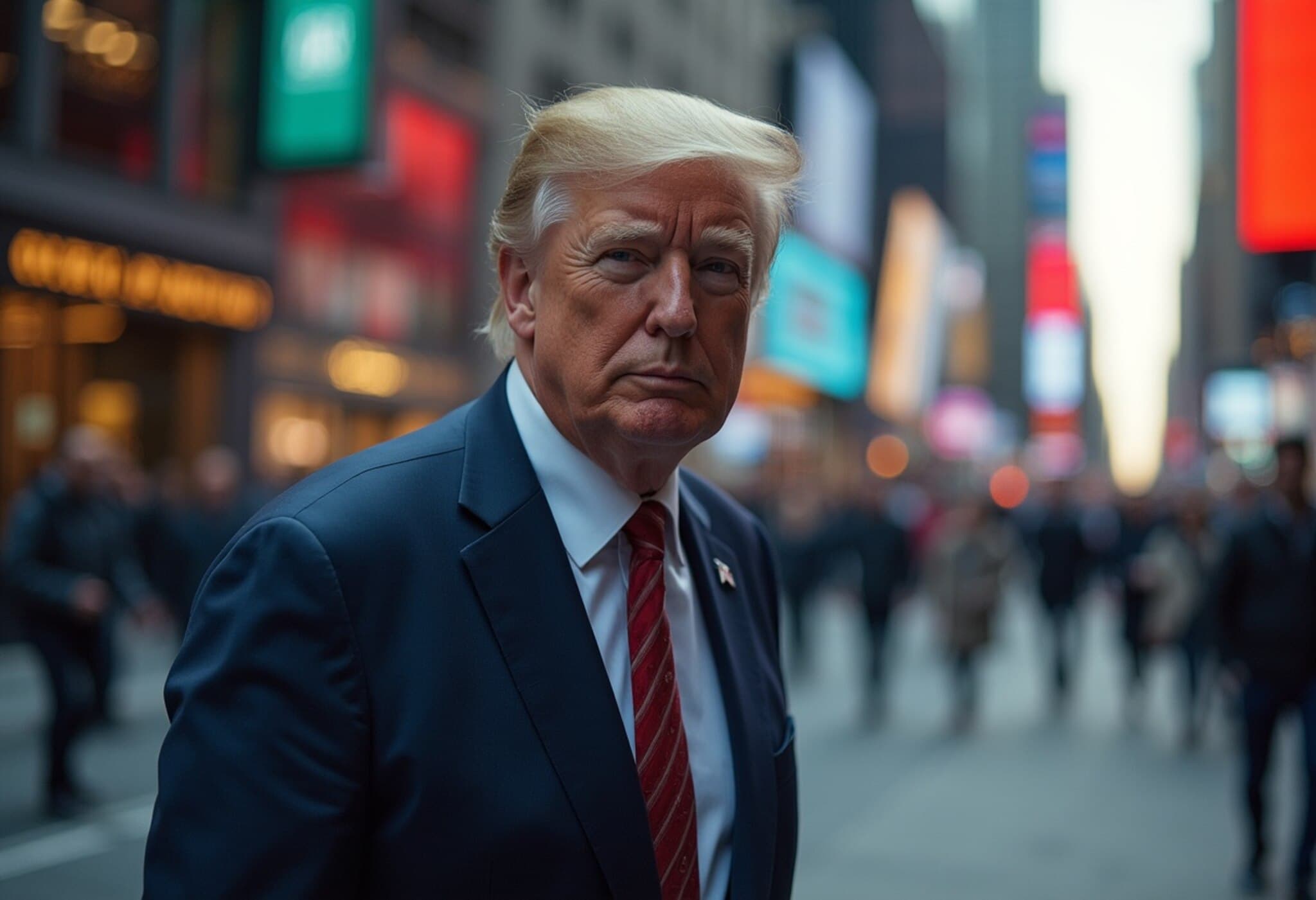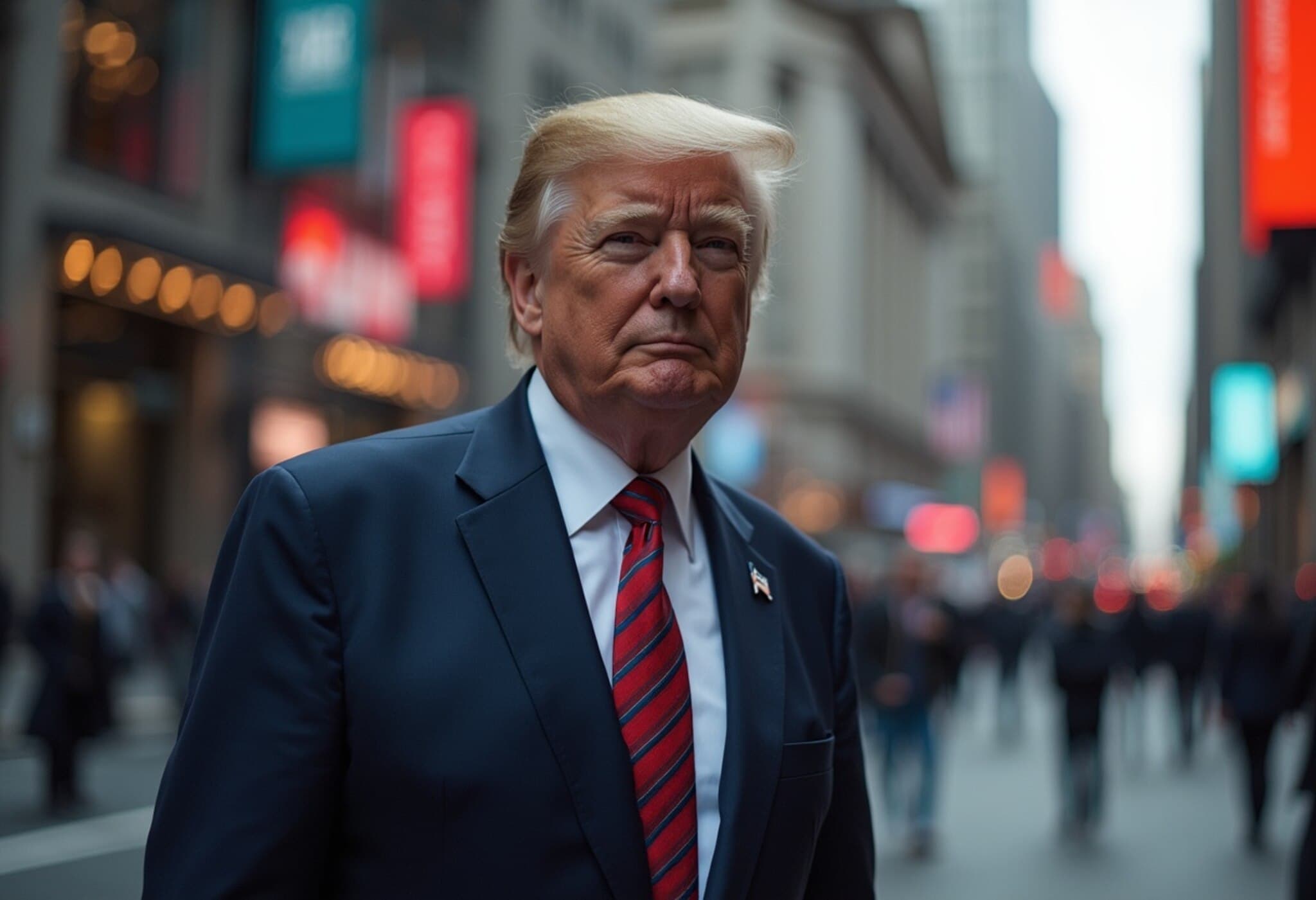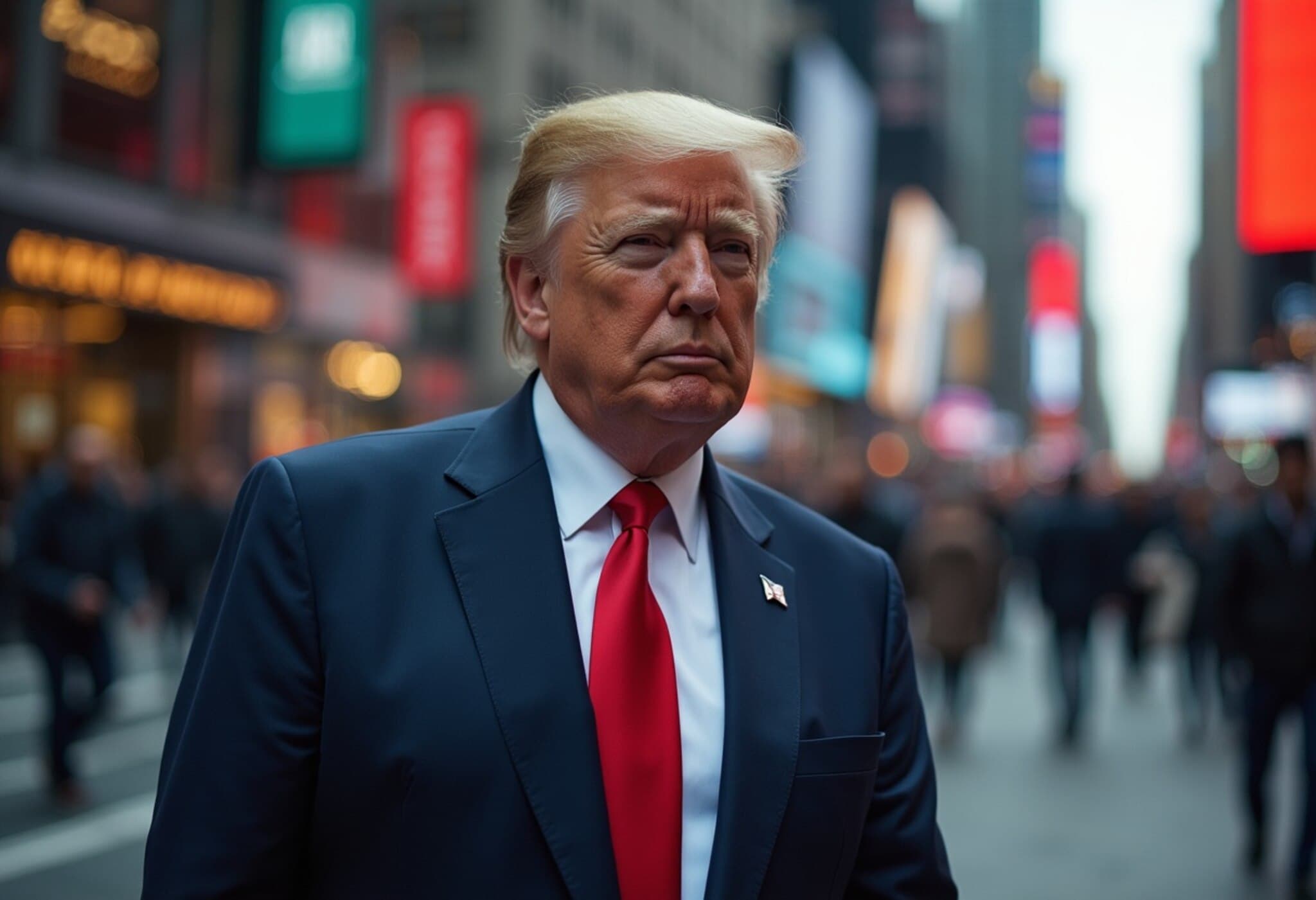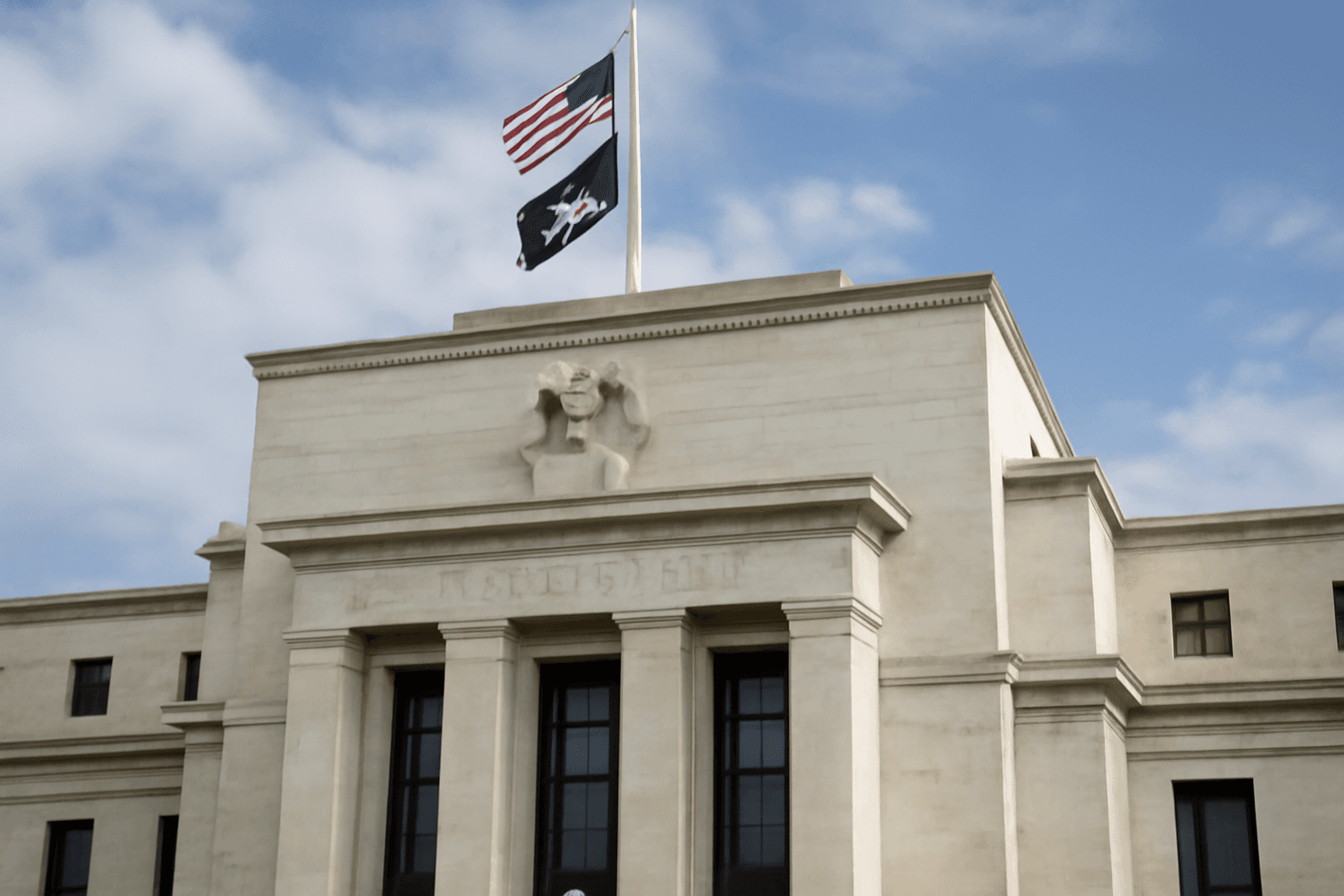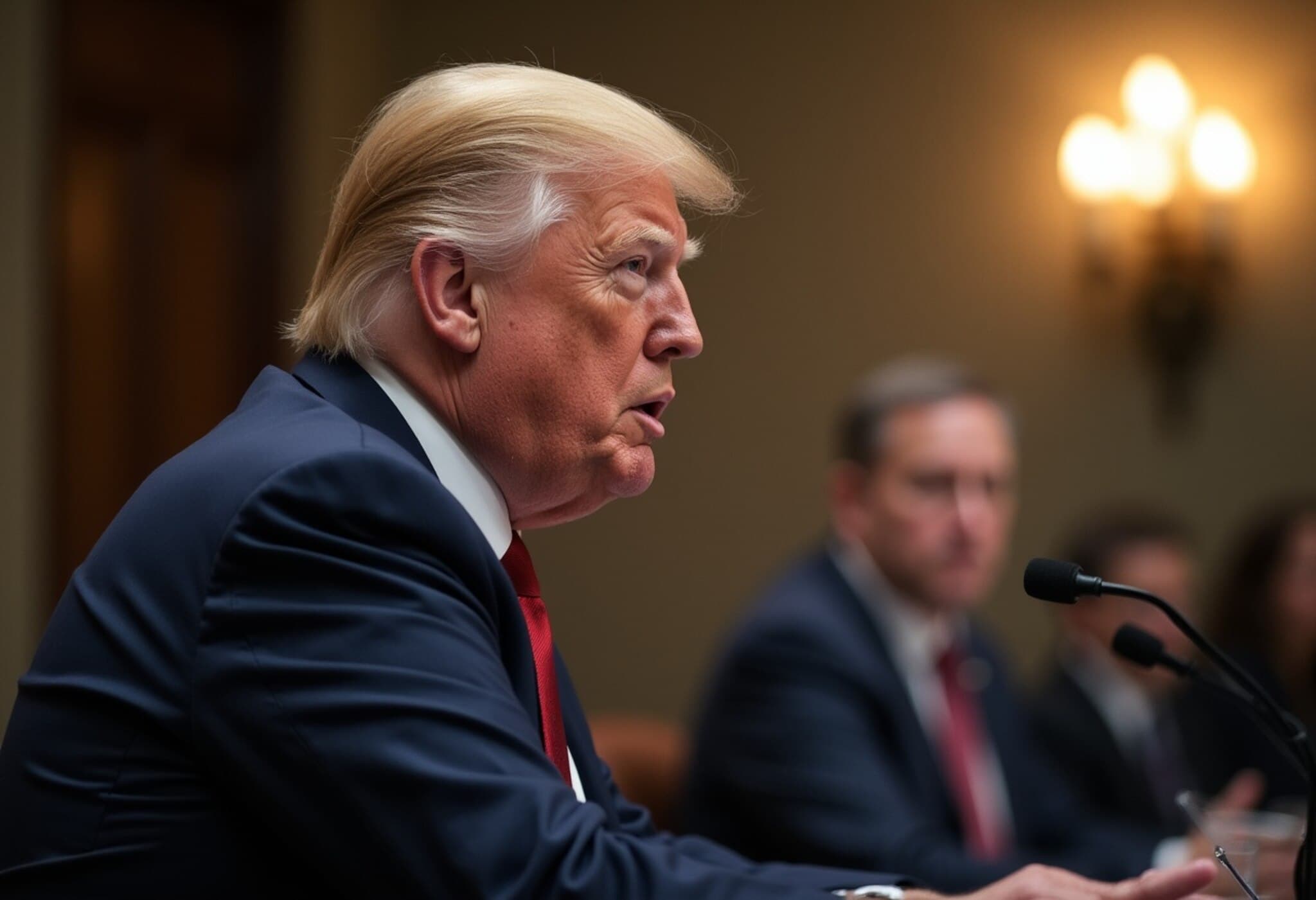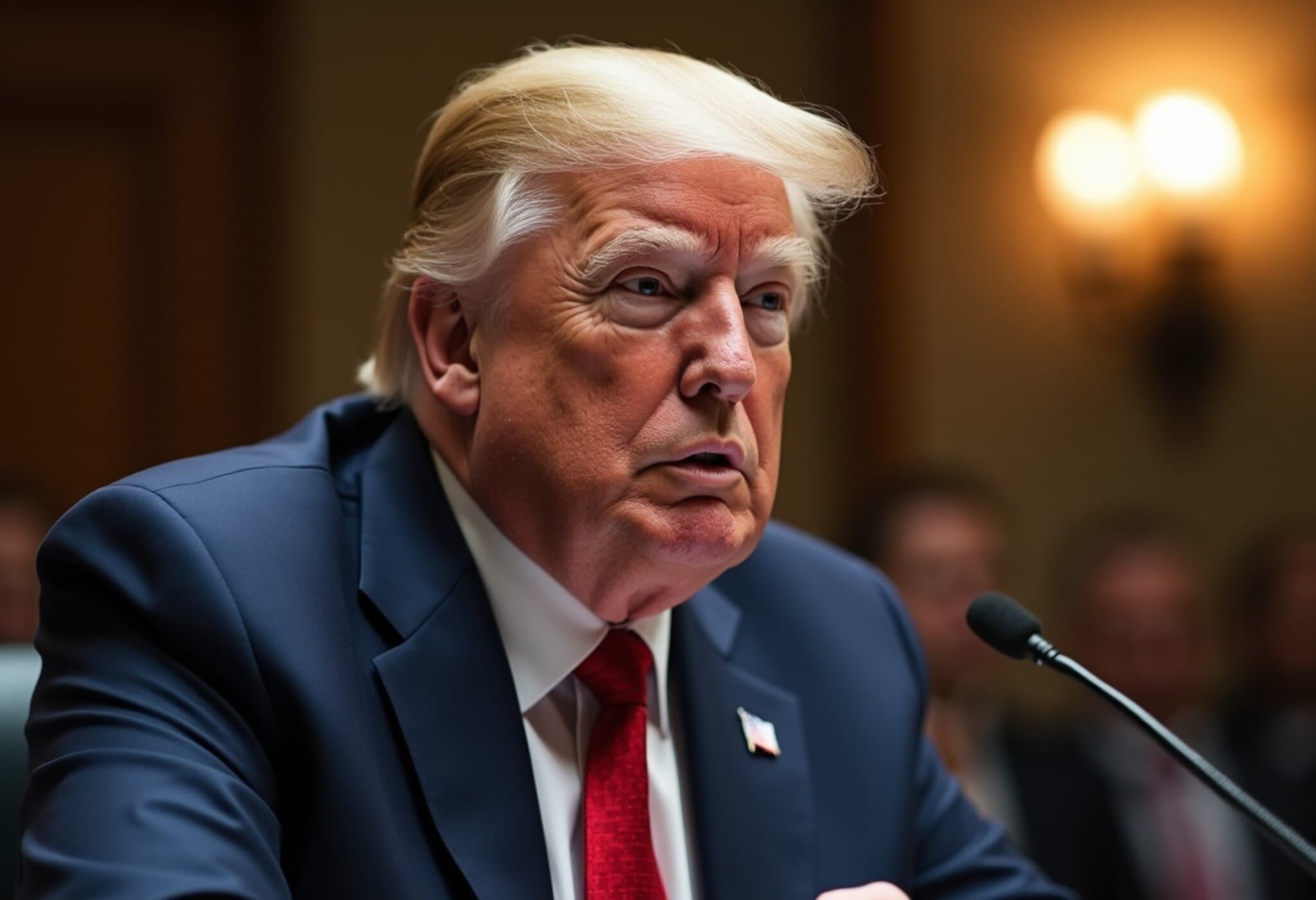Wall Street Poised for a Landmark Week Amid Market Optimism and Uncertainty
After a summer lull marked by steady gains and subdued volatility, Wall Street stands on the verge of a potentially transformative week. The S&P 500 recently achieved a milestone, surpassing 6,300 for the first time, bolstered by the relentless advance of the so-called Magnificent Seven technology giants. But as the calendar turns, a series of high-stakes events is primed to test market resilience—including a critical Federal Reserve meeting, heavyweight corporate earnings reports, pivotal jobs data, and a looming trade deadline.
The Federal Reserve's July Meeting: Independence Under the Microscope
The Federal Reserve’s two-day policy meeting next Wednesday caps this eventful week. Market participants expect the central bank to hold interest rates steady between 4.25% and 4.50%. Yet beyond policy decisions, all eyes will be on Fed Chair Jerome Powell as he faces intense scrutiny over the Fed’s independence. Recent high-profile interactions, including former President Donald Trump’s public statements and a joint visit to the Fed’s Washington headquarters, have thrust questions about the central bank’s autonomy into the spotlight.
Powell’s remarks during the post-meeting press conference could carry outsized weight, signaling the Fed’s commitment to data-driven decisions in an increasingly politicized environment. This is not merely a domestic concern—central bank credibility in the U.S. influences global financial stability and investor confidence.
Magnificent Seven Earnings: AI Investments in the Spotlight
The week also brings earnings reports from four of the Magnificent Seven tech titans: Meta Platforms and Microsoft on Wednesday, followed by Amazon and Apple on Thursday. These companies have been market darlings, with a significant portion of their stock gains this year fueled by massive capital expenditures in artificial intelligence (AI) and cloud infrastructure.
AI spending is now a defining theme. Meta’s recent $14 billion AI talent acquisition and aggressive R&D expenditures have drawn investor attention, questioning the returns on such investments amid uncertain profit timelines. Microsoft’s Azure cloud platform remains central to its AI ambitions, while Amazon’s cloud unit is under scrutiny for growth momentum. Clear, transparent strategies from these hyperscalers are essential not just to justify their expenditures but also to sustain investor confidence in a market where AI hype and reality often diverge.
Labor Market and Inflation: Signals from July’s Jobs Report
Complementing corporate earnings, next Friday’s July jobs report is expected to provide fresh insights into the health of the U.S. labor market. While the economy continues to add jobs, economists forecast a slowdown to around 115,000 new positions, down from June’s 147,000. The unemployment rate is anticipated to tick up slightly to 4.2%, hinting at subtle cooling.
Inflation metrics, including the Personal Consumption Expenditure (PCE) price index—closely watched by the Fed—are expected to show a modest uptick, underscoring persistent price pressures despite monetary tightening. These data points will shape expectations for the Fed’s policy stance beyond July and influence market sentiment amid ongoing concerns about inflation’s trajectory.
Trade Deadline and Policy Uncertainty
Trade policy remains an unsettled chapter heading into August. The August 1 deadline for escalating tariffs looms large, with Commerce Secretary Howard Lutnick emphasizing its firmness. Yet, ongoing negotiations and political maneuvering suggest potential flexibility. Investors and businesses alike are navigating this uncertainty as trade policy oscillates, underscoring the broader risk environment impacting global supply chains and corporate planning.
Key Economic Events and Earnings Calendar: What to Watch
A robust slate of data releases and earnings reports will unfold throughout the week:
- Monday: Dallas Fed Manufacturing Index; Earnings from Waste Management, Nucor
- Tuesday: Consumer Confidence, Job Openings (JOLTS), and major earnings from Starbucks, Visa, UnitedHealth Group, and Boeing
- Wednesday: Federal Reserve meeting conclusion, Earnings from Microsoft, Meta Platforms, Ford, and Qualcomm
- Thursday: Personal Income and Expenditure Data, Earnings from Apple, Amazon, Comcast, Mastercard, and CVS Health
- Friday: July Nonfarm Payrolls, Unemployment rate, Earnings from Exxon Mobil, Moderna, Chevron, and Colgate-Palmolive
Each data point and quarterly report is a piece of the puzzle shaping market direction heading into the volatile late summer months.
Market Technicals and Investor Sentiment
Notwithstanding recent highs, some market analysts warn of caution. The Nasdaq-100’s rare technical streak—closing above its 20-day moving average for 60 consecutive days for the first time since 1999—echoes conditions preluding the dot-com bubble burst. Combined with seasonal headwinds and macroeconomic challenges, it signals investors may soon encounter heightened volatility.
Such perspectives invite investors to balance optimism with vigilance and to be prepared for a market environment that could shift quickly as unfolding events provide fresh information.
Editor’s Note
This upcoming week encapsulates the dynamic tension in today’s financial markets—between optimism driven by tech innovation and AI, and caution fueled by economic, political, and policy uncertainties. As Wall Street navigates these crosscurrents, the outcomes from the Fed meeting, corporate earnings, and economic data will not only influence immediate price movements but may also redefine investor confidence through the remainder of 2025. Staying informed and critically analyzing these developments will be essential for investors, policymakers, and businesses seeking to understand the evolving economic landscape.

